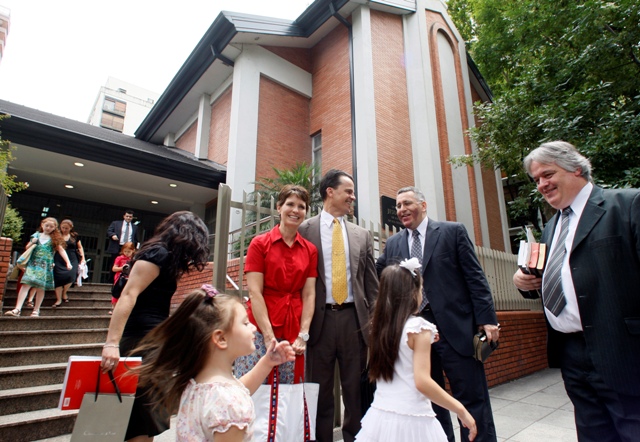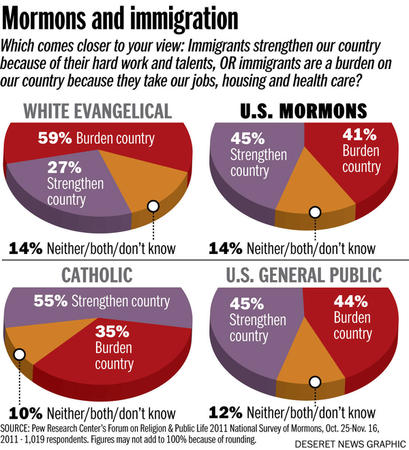Mormon Beliefs: Living Frugally, Being Prepared, and Avoiding Debt

Living frugally is not a strictly Mormon belief or concept, but it is one that is heavily stressed and taught within the Mormon culture and is included in several instructional books for the Church of Jesus Christ of Latter-day Saints (inadvertently called the Mormon church by friends of other faiths). Members who follow the advice and counsel of church leadership to live frugally are often considered thrifty and prepared.
A big part of frugal living is emergency preparedness, and there are often seminars, classes, and activities dedicated to learning how to prepare 72-hour kits and food storage. Such preparedness offers peace-of-mind should there ever be a natural disaster, and we believe it is also an important part of preparing for the second coming of Jesus Christ. However, this isn’t the only benefit. Such preparations leave members prepared to handle smaller personal “disasters” such as facing unemployment in these hard economic times. My parents went through a short period in which my father was unemployed between jobs, and they became heavily reliant on their year supply of food storage.
Living frugally also includes living within your individual means- maintaining a budget and avoiding debt. Maintaining a budget really involves nothing more than prioritizing- make sure your needs are met before wants and don’t spend more than you make. Plan ahead for the extra things you would like to do, so that you can afford to do it while still meeting the needs of your higher priorities like paying your bills, putting food on your table, and keeping everyone in your family clothed. More often than not, it is better to do without.
Frugal and thrifty members are “smart” with their money, and some members are extremely skilled “penny-pinchers”. They find ways to stretch their money by using coupons, shopping around for good deals, and saving up to buy big purchases with cash instead of getting loans. Church leaders have counseled that, if possible, members should avoid debt entirely. However, going into debt in order to obtain an education, a mode of transportation, and/or a modest home are all considered doable, as long as we focus on paying those debts off quickly.
The advice for and examples of frugal living within the church membership is plentiful and varied, but the basics are very simple. It’s foundation rests on the idea that none of our belongings are truely ours. All that we have is on “loan” from God, who created all and has placed us in our circumstances so that we can have opportunities to serve and be blessed by the service of others. Those given much can bless those who are struggling with little, and all will be equally blessed for their humility and dedication to the Lord. No matter our position in life, no matter how much we have or how much we lack, we are all children of God and equals in his eyes. To live frugally is to live wisely, so that all that we have can be used for the betterment of those around us, the world itself, and the kingdom of God.
Jesus Christ restored His church back to the earth with His pure teachings, including the words of King Benjamin that is found in the second chapter of Mosiah, within the Book of Mormon; those words cover this topic in great detail and stress the necessity for everyone to live a life of service. Even as the King of his people, Benjamin sought to work and serve and do what he could to build up the kingdom of God through his actions. He saw his position as an important stewardship over the people, and did all that he could to see that everyone was provided with their needs.
We do not live frugally because riches are “bad”, but because we are desirous to use those riches we are given to build up the kingdom. Also from the Book of Mormon (another testament of Jesus Christ) we learn, “But before ye seek for riches, seek ye for the kingdom of God. And after ye have obtained a hope in Christ ye shall obtain riches, if ye seek them; and ye will seek them for the intent to do good—to clothe the naked, and to feed the hungry, and to liberate the captive, and administer relief to the sick and the afflicted” (Jacob 2:18-19).
Find out how to better incorporate self-reliance and family well-being on the official website of The Church of Jesus Christ of Latter-day Saints (inadvertently called by friends of other faiths as the “Mormon Church”).



